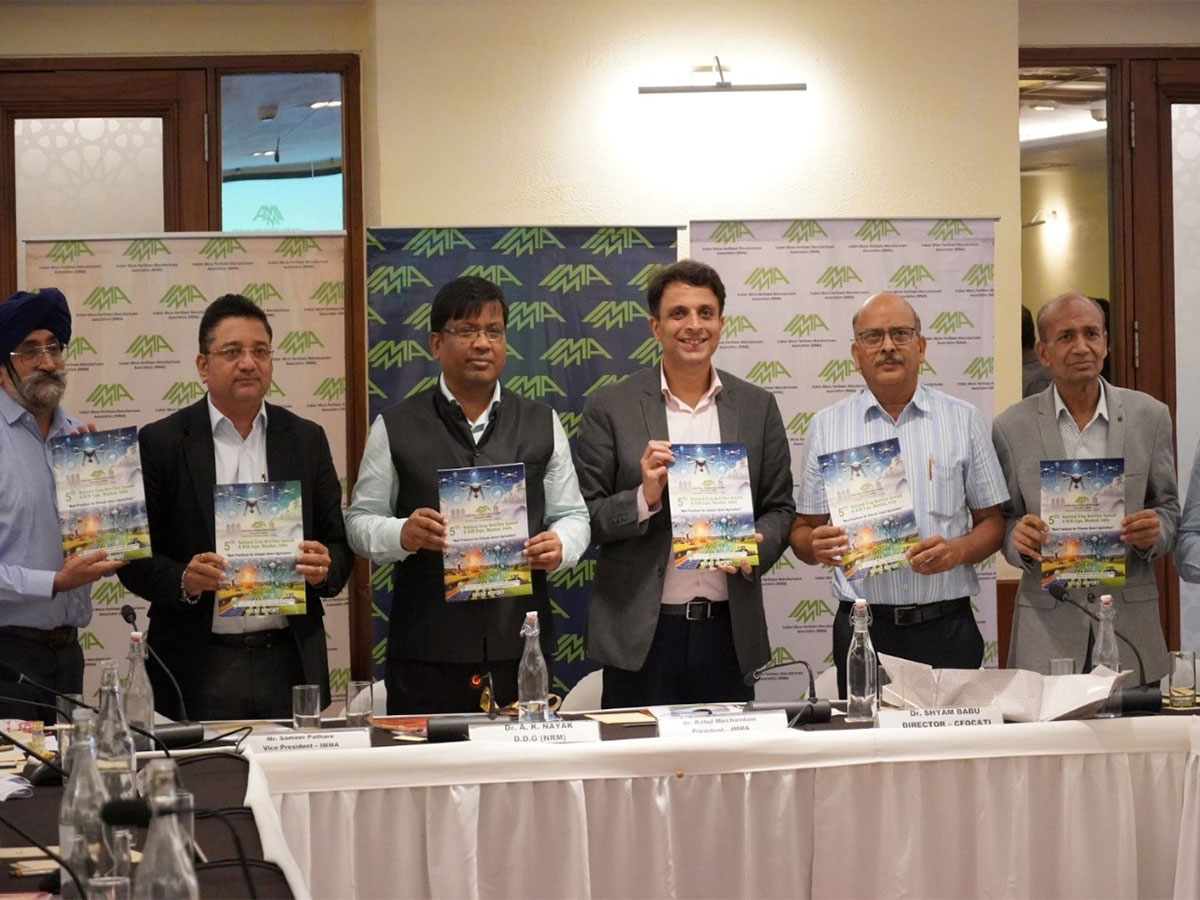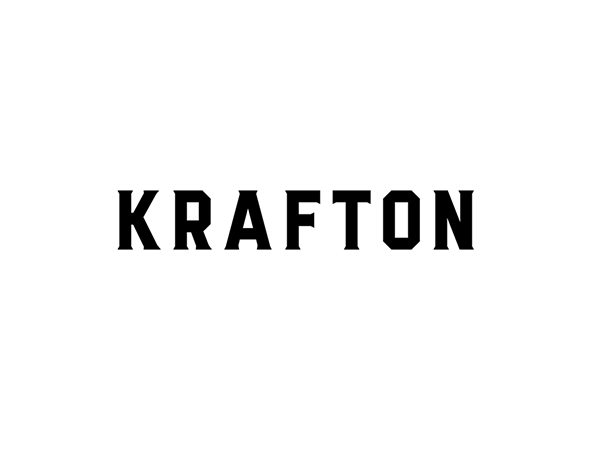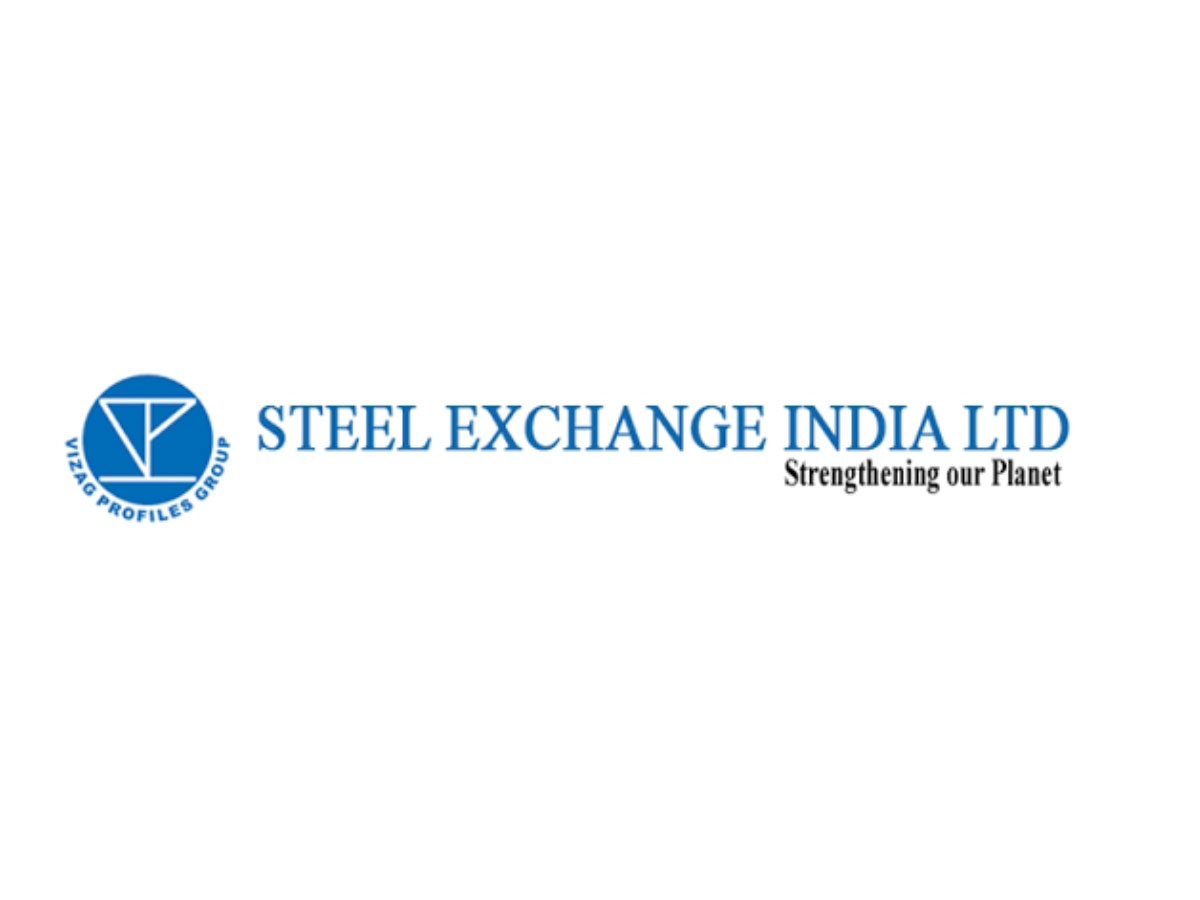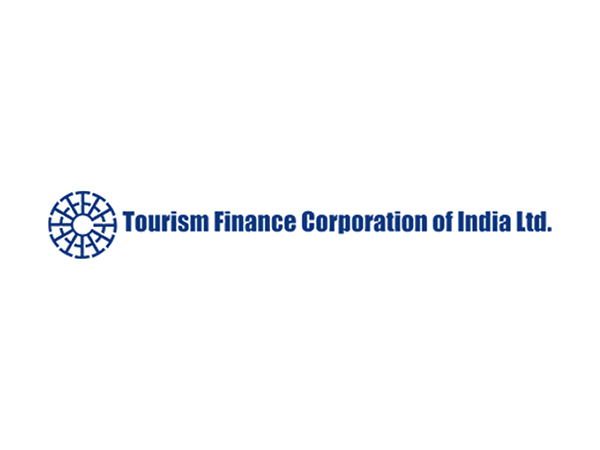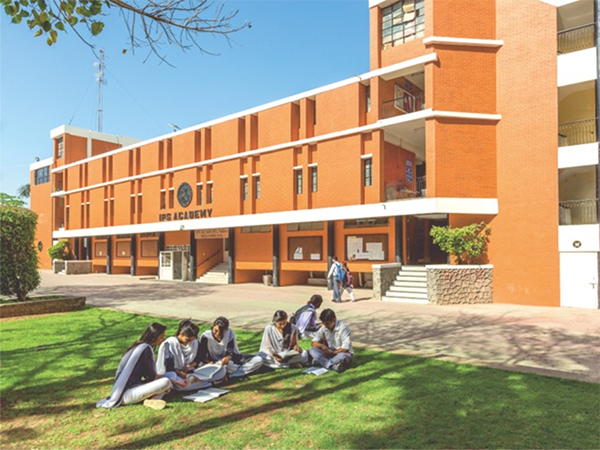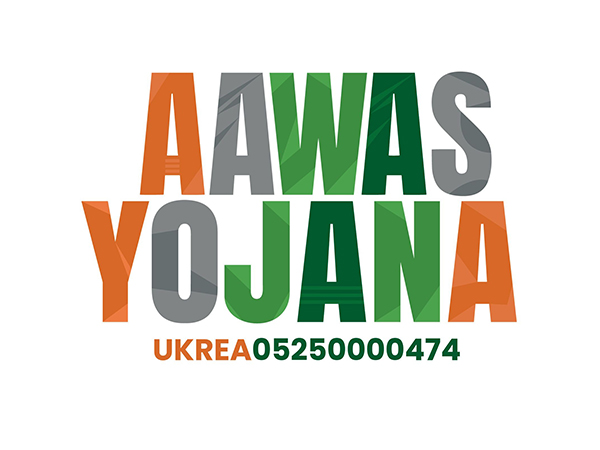IMMA B2G Roundtable Pushes for Unified Licensing, Bio-stimulant Reform, and Export Liberalization
Aug 05, 2025
VMPL
New Delhi [India], August 5: In a high-impact policy engagement held at the India Habitat Centre, New Delhi, the Indian Micro-Fertilizers Manufacturers Association (IMMA) hosted its Business-to-Government (B2G) Roundtable Conference under the theme "Innovate, Regulate, Elevate: Shaping India's Fertilizer Future." The event brought together leading policymakers, scientists, regulators, and industry voices to chart a reform-oriented roadmap for India's non-subsidized fertilizer sector.
Dr. Rahul Mirchandani, President - IMMA, opened the session stating, "This roundtable reflects our collective resolve to shape a forward-looking fertilizer ecosystem--one that enables innovation, protects farmer trust, and aligns with sustainability imperatives." Mr. Sameer Pathare, Vice President - IMMA, emphasized that "each of the six points on today's agenda represents a live issue affecting our members. Today, we took a decisive step toward collaborative problem-solving."
One of the key areas of discussion was the urgent need to update state-notified fertilizer grades. Experts advocated for soil-specific formulations based on open-source soil health data. Dr. A.K. Nayak, DDG - Natural Resource Management, ICAR, noted, "Sustainable and optimal soil health management requires updated nutrient formulations." He further added that inclusion in the FCO Schedule must be backed by efficacy data instead of relying solely on truthful labelling.
IMMA's industry-led initiative to combat counterfeiting also earned praise as a model of self-regulation. Dr. Shyam Babu, Director - CFQC&TI, Faridabad, assured support in co-developing qualitative testing kits for on-site verification. Dr. Debashis Mandal, Head - Soil Science, ICAR-Pusa, reinforced that this collaboration would significantly boost trust among farmers and Agri-dealers.
The roundtable strongly called for a unified digital licensing mechanism under the "One Nation, One Licence" framework. Dr. Mirchandani proposed a centralized repository to eliminate repetitive document submissions and enhance transparency. Major associations including SFIA, FAI, BASAI, and BIPA supported this vision and agreed to jointly develop a white paper to push the reform agenda. 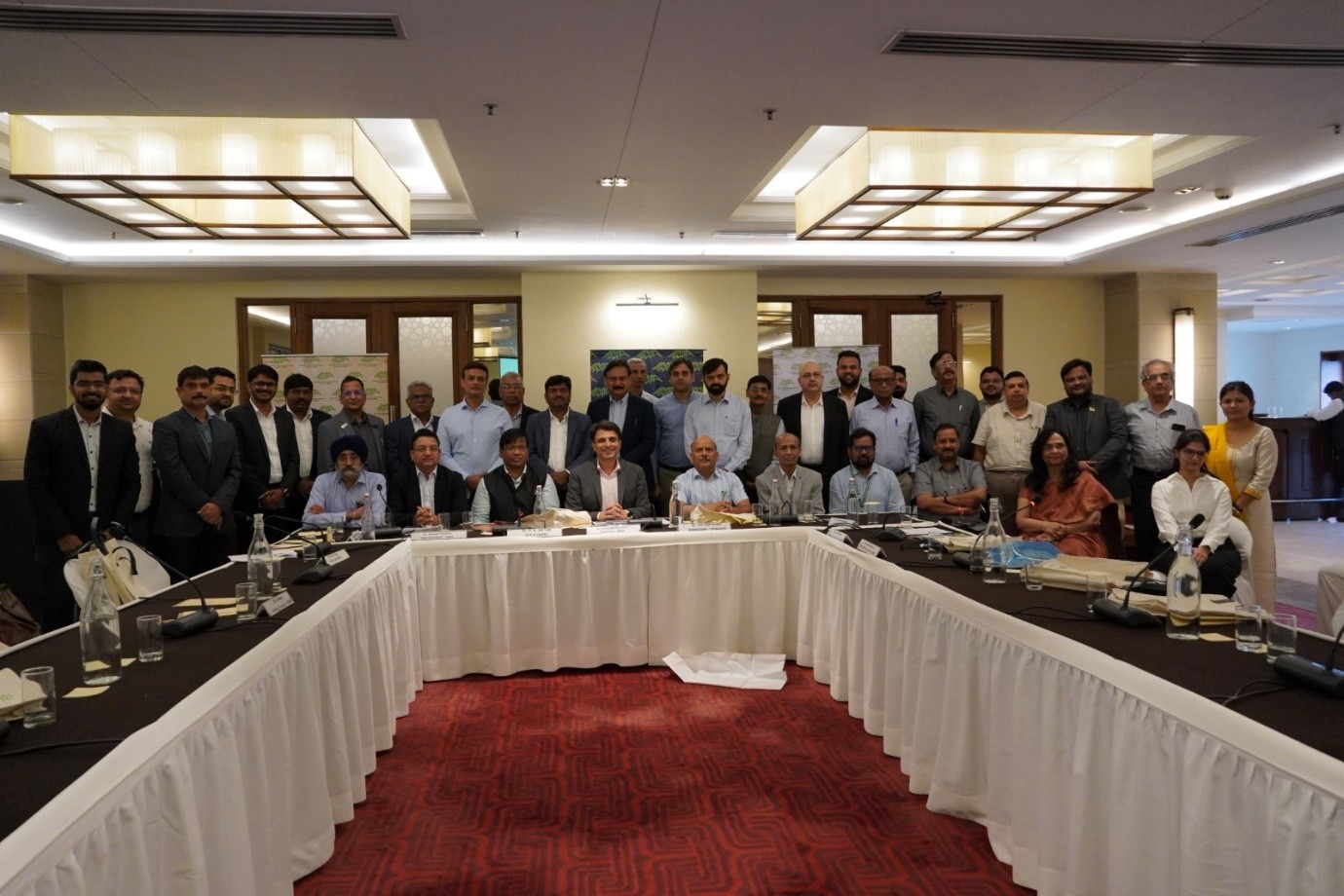
Bio-stimulant regulation, especially post-enforcement of the June 16 norms, emerged as another critical concern. With transitional gaps evident, stakeholders urged immediate measures. Dr. Shyam Babu acknowledged the challenge and noted ongoing training of labs and chemists to narrow the readiness gap. Meanwhile, the industry recommended allowing sale of pre-June 16 stock until expiry and provisional approval of NABL-accredited labs until state labs are fully ready.
The decriminalization of non-subsidized fertilizer violations was also deliberated in depth. Former Law Officer Shri H.P. Singh remarked, "Subsidy status shouldn't be the criterion for criminalization. It's time to define minor versus major violations and introduce compounding provisions." Officials from concerned ministries were receptive and indicated readiness for inter-ministerial consultations to incorporate IMMA's legal proposals under the Essential Commodities Act (ECA).
IMMA proposed that non-subsidized fertilizers should be removed from the Essential Commodities Act (ECA), as there is no longer any shortage of fertilizers or food in the country. The ECA has served its purpose, and its punitive provisions now act as a deterrent for new players in the industry. While subsidized fertilizers may continue under the Act due to government support, non-subsidized products should be governed by market-driven regulations. Dr. Rahul Mirchandani also advocated for a "One Nation, One Licence" system through a unified digital platform, where all state-level licensing processes can be completed in one place for ease of doing business.
On export policy, IMMA made a compelling case for removing non-subsidized fertilizers from the restricted list. "India has the technology, quality, and cost advantage to be the fertilizer factory of the world," said Dr. Mirchandani. He expressed concerns that the current export permit system may be limiting the potential of the 'Make in India' initiative. He advocated for broader global access to Indian-manufactured fertilizers, suggesting that such access should not be contingent upon subsidies or raw material linkages.
Summing up the session, Mr. Vaibhav Kashikar, Past President - IMMA, stated, "This roundtable reaffirmed our belief in policy through partnership. IMMA will collate today's inputs into actionable proposals and follow through with all departments concerned."
Key Action Points Identified:
* Immediate white paper development for digital licensing reform
* Submission of anti-counterfeiting toolkit proposal to CFQC&TI
* Joint memo on FCO amendment and bio stimulant testing roadmap
* Draft legal note on decriminalization via compounding provisions under ECA
The roundtable concluded with renewed momentum toward enabling innovation, simplifying compliance, and positioning India as a global leader in non-subsidized fertilizers.
www.imma.co
(ADVERTORIAL DISCLAIMER: The above press release has been provided by VMPL. ANI will not be responsible in any way for the content of the same)
